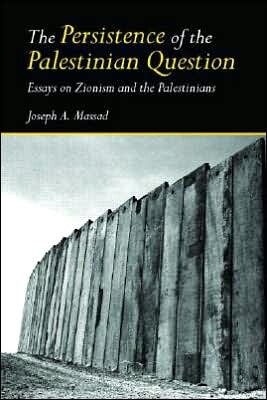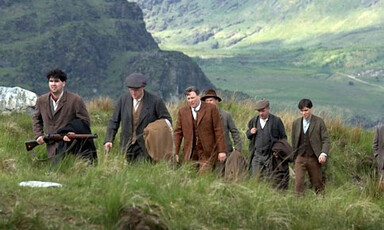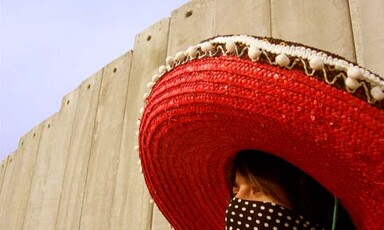
Offering an Alternative Vision: "One Country" Reviewed
16 January 2007
For years the Israeli-Palestinian conflict has been mired by a series of failed peace negotiation, enmeshing Israeli Jews and Palestinians in a seemingly intractable struggle. Even 59 years after the creation of the state of Israel the quest for Jewish security has not been realized, while Palestinians – those dispossessed in 1948, 1967, and the 3.8 million living under Israeli occupation – have not seen a just resolution to a conflict that has marred their history and shaped their identity. The international community, including many Israeli and Palestinians, still subscribe to the notion that the two-state solution is the only way to settle the conflict. Read more about Offering an Alternative Vision: "One Country" Reviewed


















